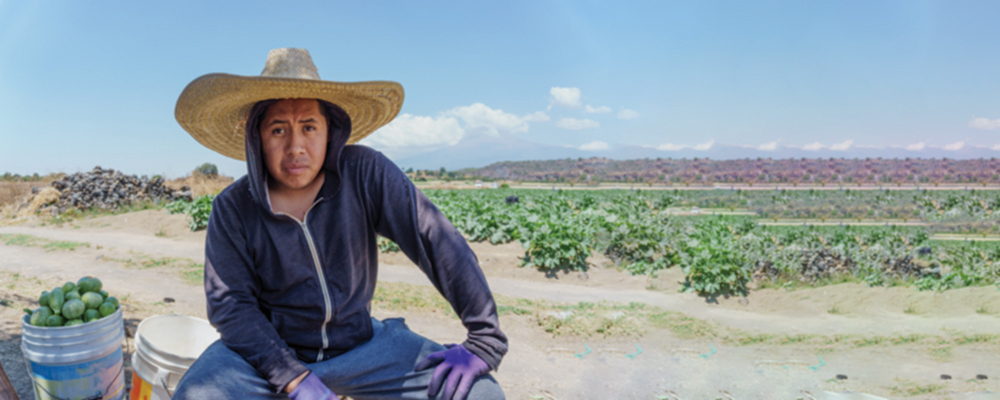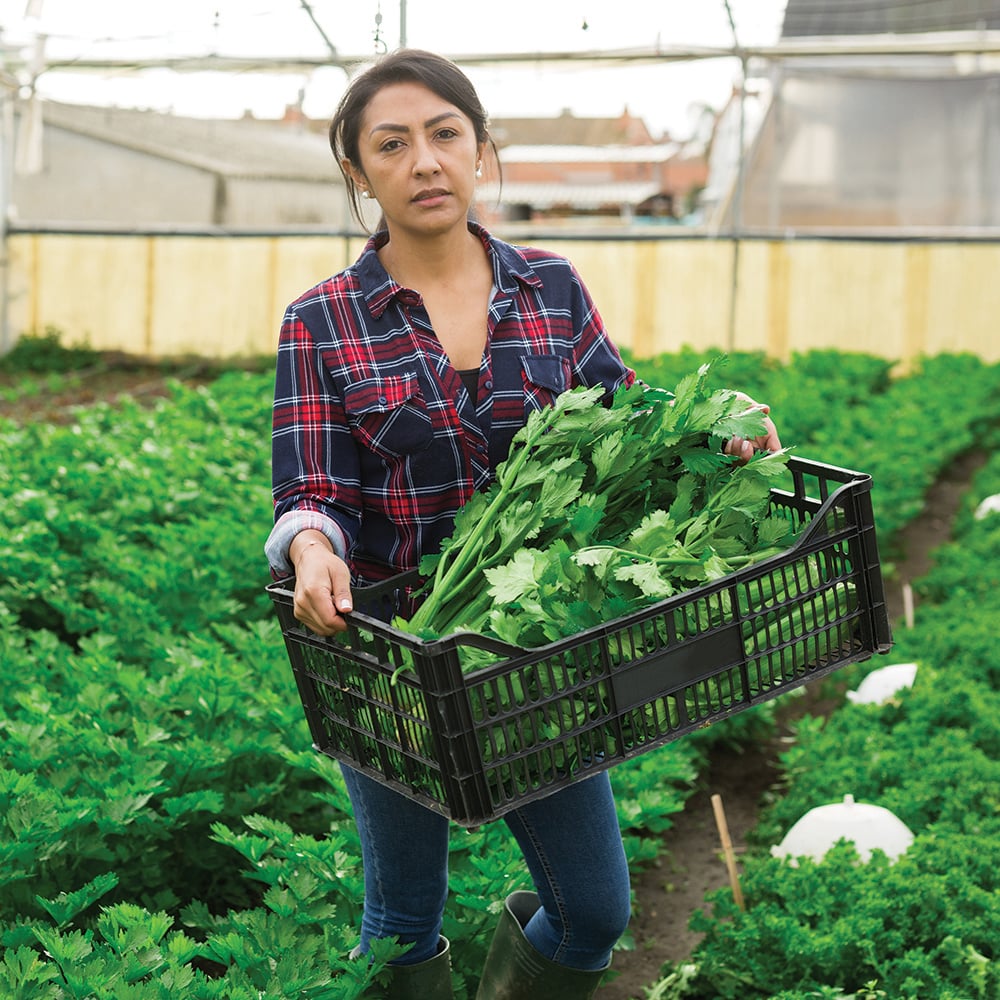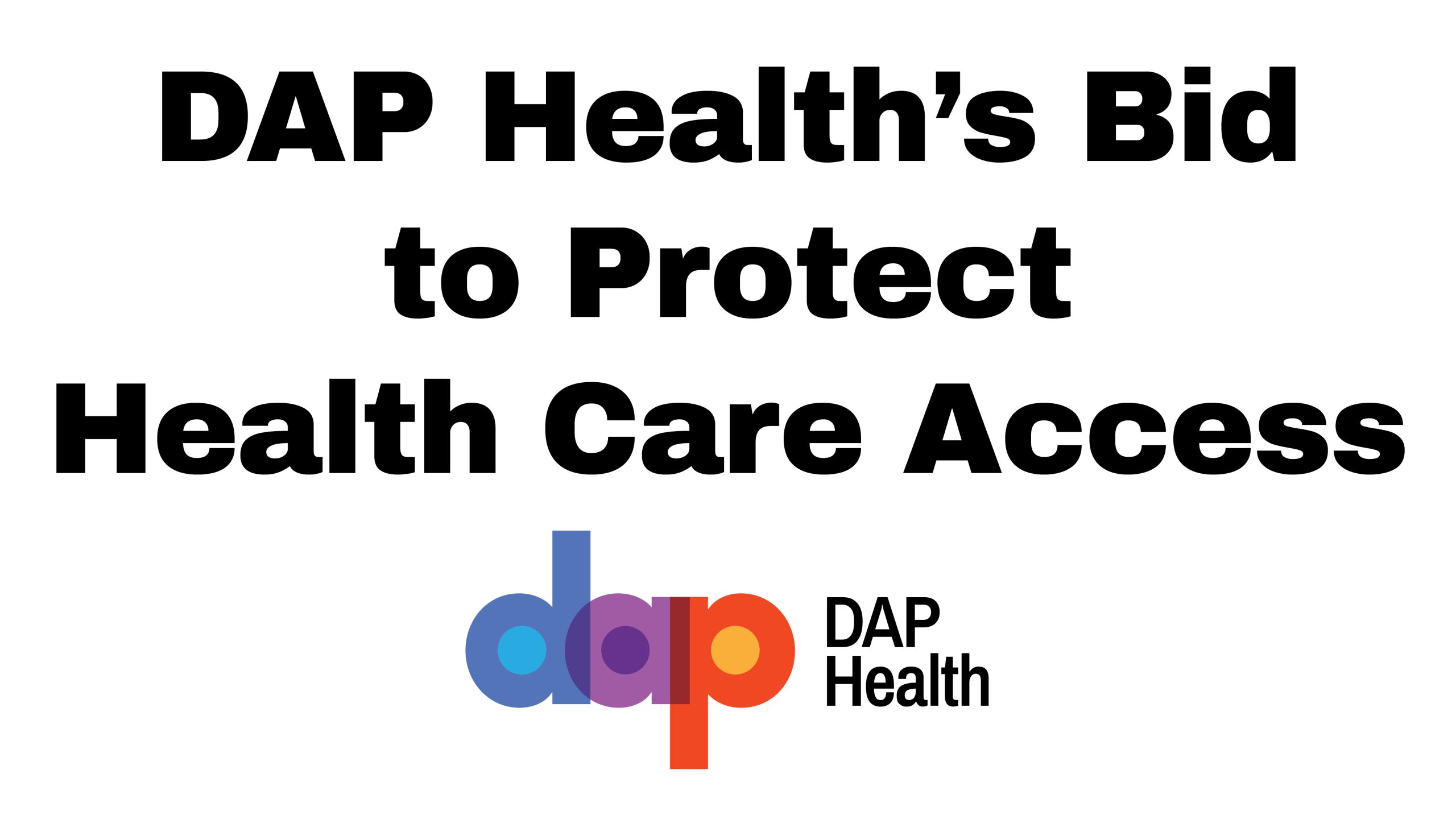
The Plight of the Migrant Farmworker
The health care needs of an essential yet marginalized community require special attention that is long overdue.
As seen in Issue 4 of DAP Health magazine
Words by Trey Burnette
Invisible Yet Indispensable: The Role of Migrant Farmworkers
Migrant field workers are one of society’s most indispensable people. They’re the frontline of not only the United States’ $162.7 billion agricultural industry but, arguably — considering their hands are the first to touch the harvested food consumed by virtually all Americans — of the nutrition and health care industries.
The Health Crisis: Neglected Needs of a Marginalized Population
They’re also one of the most marginalized and neglected populations. A whopping 23% of farmworkers in the U.S. live in poverty. The average individual’s annual income falls between $12,500 and $14,000 ($17,500 to $19,999 for families). And neither does the National Labor Relations Act of 1935 (which permits private sector employees to organize into trade unions, engage in collective bargaining, and go on strike) nor the Fair Labor Standards Act of 1938 (which preserves the right to a minimum wage and “time-and-a-half” overtime pay for toiling more than 40 hours a week, plus prohibits the employment of minors in “oppressive child labor”) cover most workers. Beyond the low pay and lack of many workplace protections, health care is one of the most significant stressors for farmworkers. Some 25% of them depend on community health centers.
Barriers to Wellness: Challenges Faced by Farmworkers
Of the 2.5 million farmworkers who live and work in the U.S., 500,000 to 800,000 reside in California. Their age falls between 14 and 61, and most have been working for 18 years. Some 34% of them identify as women. Another 400,000 are minors.
In 2021, the U.S. Department of Health and Human Services reported that, of the 1,015,162 agricultural workers and their family members who received health services, the most common diagnoses were being overweight/obesity (25.5%), hypertension (11.4%), diabetes (9%), anxiety disorders, including post-traumatic stress disorder (5%), other mental health issues (7%), and asthma (2.5%.) But that isn’t the full scope of the health issues facing this community, because only 56% of U. S. field workers have health insurance. In California, that number drops to 37%. No matter where they are, many never seek help.
Expanding Healthcare Access: Medi-Cal's Impact on Undocumented Residents
Israel Ochoa manages DAP Health’s Centro Medico Oasis in the agricultural town of Thermal, just southwest of Mecca. He is the son of migrant farmworkers, and most of his days are spent serving farmworkers and their families. His assessment of his clinic’s patients aligns with the national statistics. He says access to affordable, nutritious food is a leading cause of their health issues. Fieldwork is arduous manual labor; the workers are up before sunrise and have to power through an excruciating workday. They rely on inexpensive sugary beverages like Gatorade, colas, and juices to stay hydrated and maintain energy, and eat a lot of processed food that “keeps” and can be eaten throughout their long workdays.
Furthermore, their children’s diets are not immune to their parents’ work schedules. Typically, 2.5 families live in one mobile trailer, and the kids are usually left with breakfast food they can make without having to turn on a stove — cereal, Pop-Tarts, or microwavable dishes. All eligible California children can get a no-cost breakfast and lunch at school, but obtaining those meals in the summer is difficult, if not impossible, because moms and dads can’t afford, or aren’t allowed, to take time off work.
Community Outreach: Bridging Gaps in Healthcare Education
Fear of being fired is also why workers don’t take personal or medical time off. They’re generally contracted, getting paid in two ways: by the hour ($15.50, plus 40 cents per box of product harvested and packed) or just by the box (about $4.25 per). Workers should get three sick days per season, but aren’t paid if they don’t work. Most avoid reporting job injuries for similar reasons.
There are many other barriers to prosperity for farmworkers in the U.S. The lack of legal residence status is an obstacle. Nationally, 64% of workers are estimated to be undocumented — that figure is 75% in California — and most government programs, except for emergencies and sliding-scale payments, require documentation. Fortunately, on January 1, 2024, Medi-Cal expands full-scope health care for all income-eligible residents of California, regardless of immigration status. Obtaining preventive and routine care at a clinic will help people avoid emergency room visits and more severe illnesses.
Empowering Through Education: Overcoming Educational Hurdles
Veronica Garcia is a care coordinator specialist regional coordinator and certified enrollment counselor at DAP Health. Alongside five siblings, she was raised in Coachella by her single farmworker mother, who also toiled at a citrus-packing plant. She does frontline community work and says her employer has an excellent outreach program. With the expanded Medi-Cal program, more people will be counseled and given health care. Outreach is critical because health workers can personally converse with farmworkers and clarify program misunderstandings. Many people think government programs, like Medi-Cal or the Medically Indigent Services Program, are debt services, so people hesitate to utilize them.
Addressing Essential Needs: Affordable Housing and Nutrition Education
In addition to program education, Dr. Frank Figueroa — a councilmember for the city of Coachella who serves on DAP Health’s board of directors, as he did on Borrego Health’s board of trustees — says other fears about using programs can be laid to rest. He, whose grandparents and parents were farmworkers, states there’s the belief that those applying for permanent residence, work visas, or citizenship will be “flagged,” only to face negative consequences like losing rights they currently have, or could gain in the future. Undocumented workers are scared of deportation if they seek help. Applying DAP Health’s educational outreach to explain legal rights, enrollment, and using health care benefits will spur great progress in the health of this population.
Education is also a challenge toward that progress. It’s estimated that 78% of farmworkers lack a high school diploma, with ninth grade being the average level of education. Just over 1% of these employees have a college degree, so there is a need to improve technology literacy.
Riverside County Supervisor Manny Perez, a son of migrant farmworkers, says that one of the many things that make DAP Health a superior federally qualified health center (FQHC) is its ability to provide affordable housing, a significant need for farmworkers as rents increase. He also strongly advocates for community clinics because they can address specific community needs like nutrition education through ancillary services.
While Perez believes community health centers like Centro Medico Oasis are expertly poised to provide care for the rural poor, Ochoa insists finding health care providers to serve in remote locations such as Thermal is a challenge. All true. But it’s a challenge DAP Health is determined to meet as it endeavors to bring better wellness to this vital yet often-forgotten populace.











